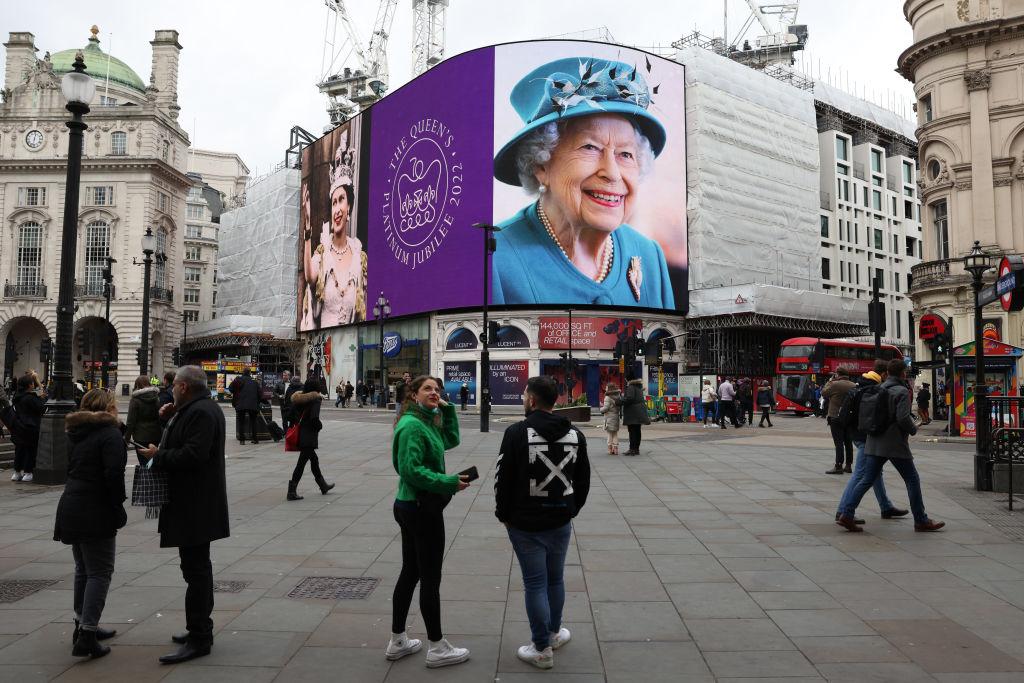Commentary
Historical revisionism involves the exploration of new perspectives on past events. Such exploration might find new evidence which adds to humankind’s understanding and knowledge of history. The aim is always “to find the truth in a past occurrence, complete historical panoramas, and enrich the way we view the events that have shaped our current reality.”





